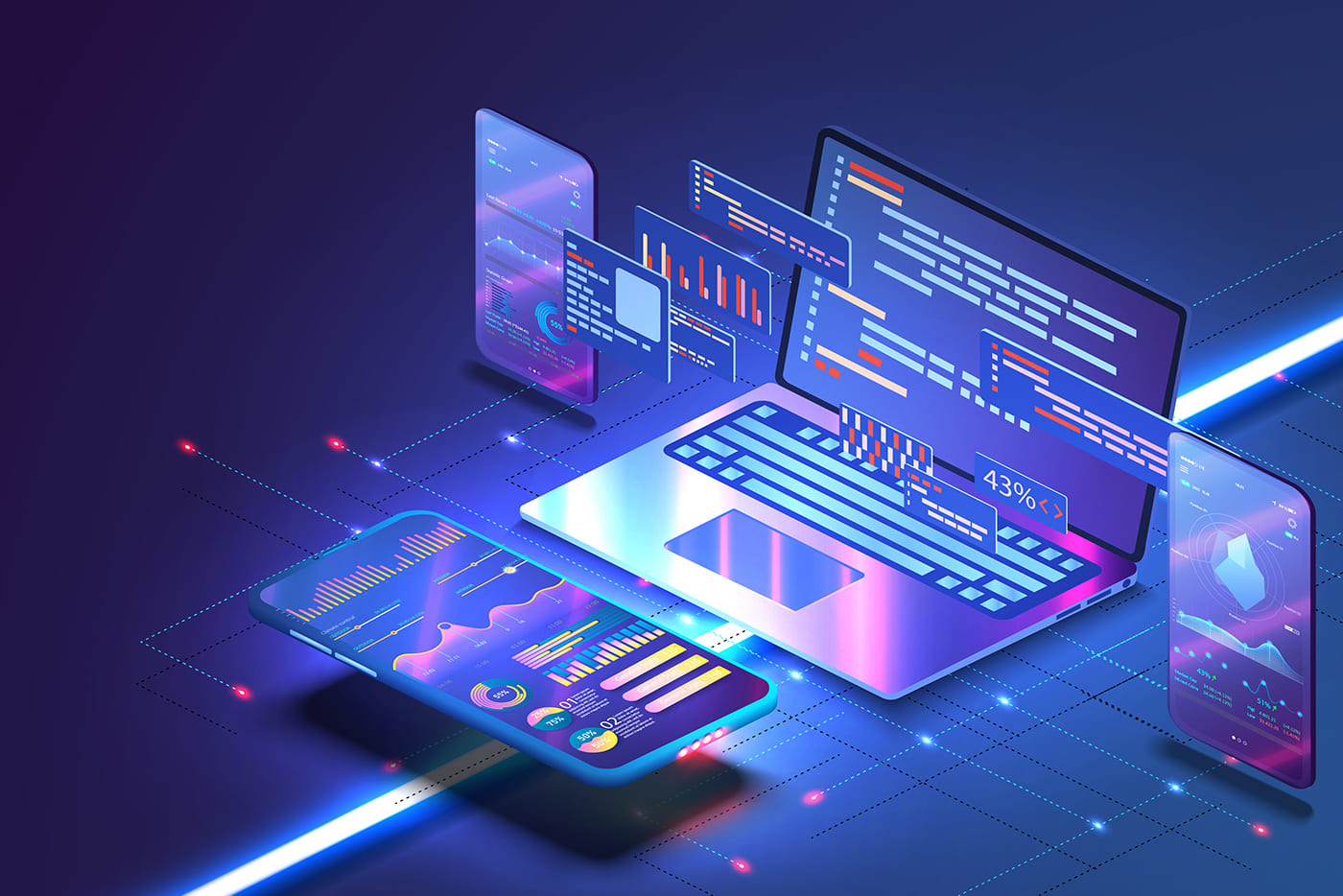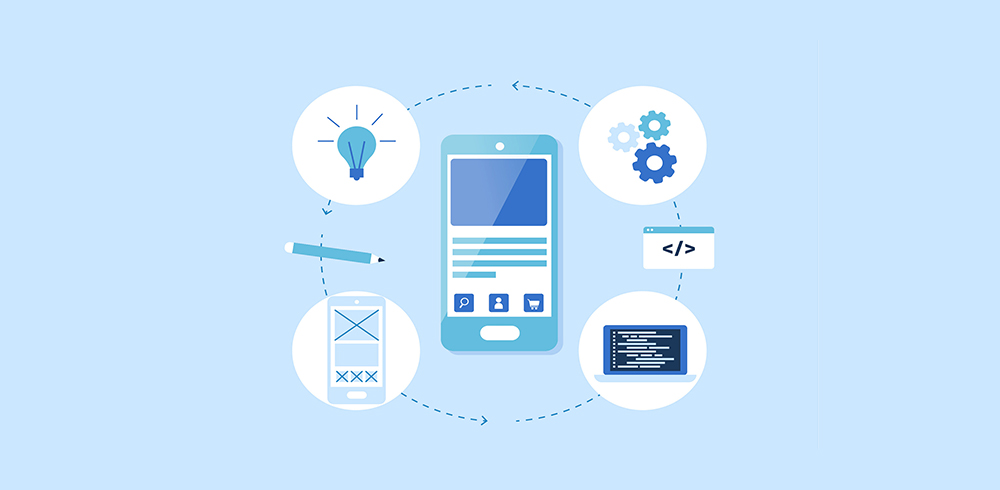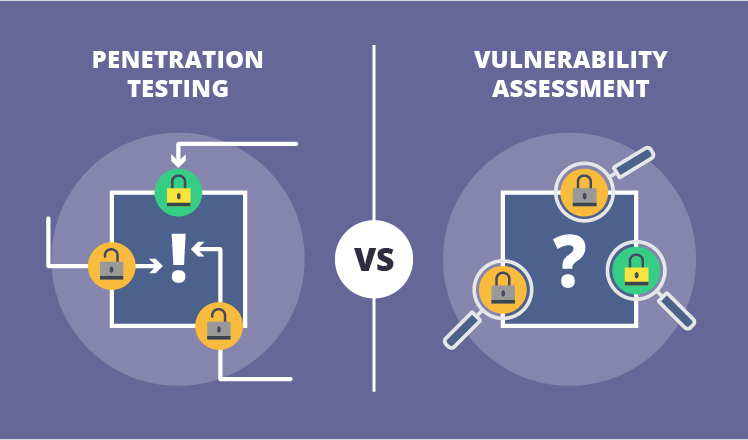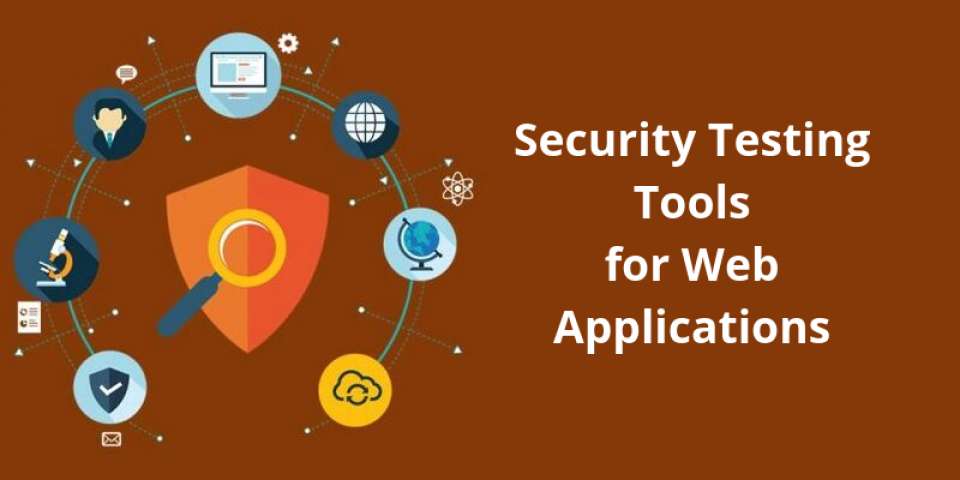
The future of technology is a rapidly evolving topic, with new advancements and innovations being made every day. It is impossible to predict with certainty what the future holds, but we can make some educated guesses based on the trends that are emerging today.
Here are some of the most promising tech trends that we can expect to see in the next decade:
Artificial intelligence (AI) will continue to evolve and become more sophisticated: AI will be used to automate tasks, improve our decision-making, and even create new forms of art and entertainment. For example, AI is already being used to develop self-driving cars, diagnose diseases, and create personalized marketing campaigns. In the future, AI is likely to become even more integrated into our lives, helping us with everything from finding a parking spot to writing a novel. One of the most exciting potential applications of AI is in the field of healthcare. AI-powered medical devices could be used to diagnose diseases earlier and more accurately than ever before. AI could also be used to develop new treatments and therapies for diseases. Another promising area for AI is in the field of education. AI-powered tutors could help students learn at their own pace and in a way that is tailored to their individual needs. AI could also be used to create personalized learning experiences that are more engaging and effective.
Robotics will become more capable and affordable: Robots will be used to perform dangerous or repetitive tasks, freeing up humans to focus on more creative and strategic work. Robots are already being used in a variety of industries, including manufacturing, healthcare, and agriculture. In the future, robots are likely to become even more commonplace, taking on a wider range of tasks. For example, robots could be used to perform dangerous or difficult tasks, such as cleaning up hazardous waste or working in dangerous environments. Robots could also be used to perform repetitive tasks, such as assembly line work or customer service. As robots become more capable and affordable, they are likely to have a significant impact on the workforce. Some jobs will be eliminated, but new jobs will also be created. The key will be to ensure that workers are equipped with the skills they need to succeed in the new economy.
Virtual and augmented reality (VR/AR) will become more mainstream: VR/AR will be used for gaming, education, training, and even healthcare. VR and AR are still relatively new technologies, but they are already starting to make a big impact. In the future, VR and AR are likely to become even more popular, as they offer new and immersive ways to interact with the world around us. For example, VR could be used to train surgeons in complex procedures without putting patients at risk. AR could be used to provide real-time information to workers in the field. And VR and AR could be used to create new and immersive educational experiences.
The internet of things (IoT) will continue to grow: The IoT will connect billions of devices, creating new opportunities for businesses and consumers. The IoT is already connecting a wide range of devices, from smart homes to wearable devices. In the future, the IoT is likely to connect even more devices, creating a vast network of interconnected devices that can collect and share data. This will create new opportunities for businesses to collect data about their customers and improve their products and services. It will also create new opportunities for consumers to interact with the world around them in new and innovative ways.
5G networks will become widespread: 5G will provide faster and more reliable wireless connectivity, enabling new applications such as self-driving cars and remote surgery. 5G is the next generation of cellular networks, and it is expected to be rolled out in the coming years. 5G will offer significant improvements over 4G, including faster speeds, lower latency, and better coverage. This will enable new applications that were not possible with 4G, such as self-driving cars and remote surgery. It will also improve the performance of existing applications, such as streaming video and online gaming.
Edge computing will become more important: Edge computing will bring computing power closer to the end user, reducing latency and improving performance. Edge computing is a new computing paradigm that is becoming increasingly important. Edge computing involves bringing computing power closer to the end user, which can reduce latency and improve performance. This is especially important for applications that require real-time processing, such as self-driving cars and virtual reality. As more and more devices connect to the internet, the demand for edge computing will increase. Edge computing will help to ensure that these devices can continue to function even when the network is congested
These are just a few of the many tech trends that we can expect to see in the next decade. As technology continues to evolve, it will have a profound impact on our lives, work, and society. It is an exciting time to be alive, and we can only imagine what the future holds.
In addition to the trends listed above, there are a number of other emerging technologies that have the potential to shape the future of tech. These include:
Blockchain, which is a secure and transparent way to record transactions. Blockchain has the potential to revolutionize many industries, including finance, healthcare, and supply chain management.
Gene editing, which is the process of changing the genetic makeup of an organism. Gene editing has the potential to cure diseases, improve crop yields, and create new forms of life.
3D printing, which is the process of creating three-dimensional objects from digital files. 3D printing has the potential to revolutionize manufacturing, healthcare, and education.
These are just a few of the many emerging technologies that have the potential to change the world. As these technologies continue to develop, they will have a profound impact on our lives, work, and society. It is an exciting time to be alive, and we can only imagine what the future holds.
Ethical considerations
As technology continues to evolve, it is important to consider the ethical implications of new technologies. For example, AI has the potential to be used for surveillance or discrimination. It is important to ensure that AI is developed and used in a responsible way.
Other emerging technologies, such as gene editing, also raise ethical concerns. It is important to have a public discussion about the ethical implications of these technologies before they are widely adopted.
Conclusion
The future of tech is an exciting and uncertain one. However, one thing is for sure: technology will continue to change our lives in profound ways. It is important to be aware of the latest trends and to think about the ethical implications of new technologies. As technology evolves, we must ensure that it is used for good and not for harm.





